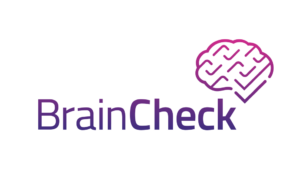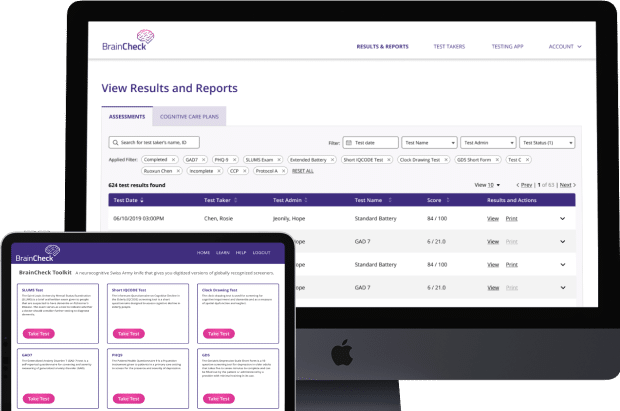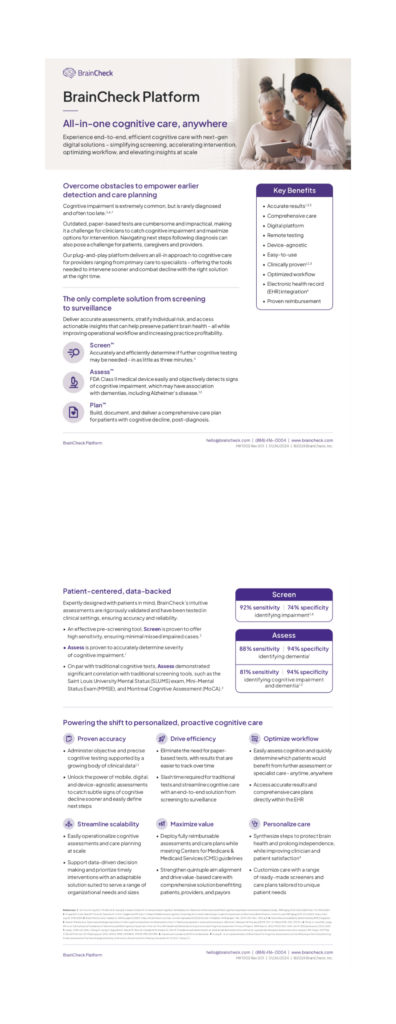In continuing our series on variables affecting the risk of developing dementia, we now turn to the controversial realm of brain games.
Combining the fear of cognitive decline with the prospect that games will preserve brain health creates a breeding ground for both business and controversy. Crossword puzzles, Sudoku, and a variety of commercial game apps have been touted as essential mid-life activities for individuals hoping to preserve cognitive health. At first glance, the concept of ‘use it or lose it’ is a compelling argument for using these games to keep our brains active. However, many of the claims that state brain games will reduce cognitive decline are unsupported, leading to substantial fines for certain brain game businesses in recent years.
A Critique on Brain Games
A consensus summary regarding the evidence base for brain games1 provided a strong critique of the brain game industry, pointing to the lack of rigor and independence for most of the industry’s claims. The authors of the consensus statement instead emphasize that a broad array of life activities—including physical activity, social engagement, and intellectual stimulation—offer the best opportunity for preservation of cognitive abilities. Furthermore, brain games may inadvertently divert time and attention away from a rich and active life if played to excess. However, the authors do suggest that, even with these limitations, brain games still represent a better choice than passive, sedentary activities.
While recommending continued research, the consensus group concludes:
“The promise of a magic bullet detracts from the best evidence to date, which is that cognitive health in old age reflects the long-term effects of healthy, engaged lifestyles. In the judgment of the signatories, exaggerated and misleading claims exploit the anxiety of older adults about impending cognitive decline.”
At this point, what conclusions can we draw from the research on brain games?
The most consistent finding from well-designed studies is that practicing a cognitive game will increase performance at a particular skill, but the evidence is much weaker towards showing that the improved skill will lead to improved general life function or that the skill improvement will be sustained over time. Similarly, evidence that regular engagement in brain games will reduce the risk of dementia is lacking.
Current Research
Recent information from PROTECT2, a UK longitudinal study following more than 20,000 older adults, makes more positive claims regarding the link between regular word and number puzzle play and cognitive measures such as short term memory and grammatical reasoning, concluding that regular players perform 8 to 10 years younger than their chronological age. The researchers, however, clearly state the evidence still falls short of demonstrating actual reduction in rates of dementia. This ongoing 25-year project will hopefully bring additional clarity to this important topic.
Next time, we’ll look at the relationship of social isolation and brain health as we continue this series.[/vc_column_text][vc_column_text]
References:
- A Consensus on the Brain Training Industry from the Scientific Community. (2014). Retrieved June, 2019, from http://longevity.stanford.edu/a-consensus-on-the-brain-training-industry-from-the-scientific-community-2/
- Brooker, H., Wesnes, K., Ballard, C., Hampshire, A., Khan, Z., Stenton, R., . . . Corbett, A. (2019). The relationship between the frequency of number-puzzle use and baseline cognitive function in a large online sample of adults aged 50 and over. International Journal of Geriatric Psychiatry. Retrieved from https://www.ncbi.nlm.nih.gov/pubmed/30746778



